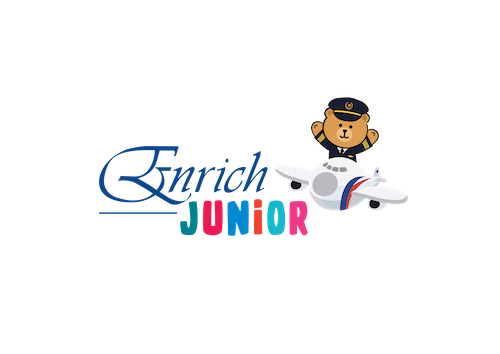Our Main Focus -
making learning a FUN thing to do.
We believe learning can be fun, as long as you did it the right way.
Thus, our quest has always been gathering all fun content in GogoKids.
Explore these options to start your fun learning journey today!
School Directory

Browse for the most suitable schools for your little one at your neighbourhood.
Find Schools
Activities

Explore programmes from our exclusive partners which are handpicked by our education team.
Browse Activities
Activity Kits

Learning can be fun at home with our specially picked learning kits. Start some hands-on learning today.
Explore all Kits
Free Learning Resources

A wide variety of learning contents for you to print & play at home.
Download Resources
School Directory

Browse for the most suitable schools for your little one at your neighbourhood.
Find Schools
Activities

Explore programmes from our exclusive partners which are handpicked by our education team.
Browse Activities
Activity Kits

Learning can be fun at home with our specially picked learning kits. Start some hands-on learning today.
Explore all Kits
Free Learning Resources

A wide variety of learning contents for you to print & play at home.
Download Resources
Stay in the loop on all things GogoKids with our newsletter.
Please refer to our Privacy Policy for more details.










